✪✪✪✪✪ http://www.theaudiopedia.com ✪✪✪✪✪ What is COGNITIVE NEUROPSYCHIATRY? What does COGNITIVE NEUROPSYCHIATRY NEUROPSYCHIATRY mean? NEUROPSYCHIATRY meaning – COGNITIVE NEUROPSYCHIATRY definition – COGNITIVE NEUROPSYCHIATRY explanation. Source: Wikipedia.org article, adapted under https://creativecommons.org/licenses/by-sa/3.0/ license. Cognitive neuropsychiatry is a growing multidisciplinary field arising out of cognitive psychology and neuropsychiatry that aims to understand mental illness and psychopathology in terms of models of normal psychological function. A concern with the neural substrates of impaired cognitive mechanisms links cognitive neuropsychiatry to the basic neuroscience. Alternatively, CNP provides a way of uncovering normal psychological processes by studying the effects of their change or impairment. The term “cognitive neuropsychiatry” was coined by Prof Hadyn Ellis (Cardiff University ) in a paper “The cognitive neuropsychiatric origins of the Capgras delusion”, presented at the International Symposium on the Neuropsychology of Schizophrenia, Institute of Psychiatry, London (Coltheart, 2007). Although clinically useful, current syndrome classifications (e.g. DSM-IV; ICD-10) have no empirical basis as models of normal cognitive processes. No neuropsychological accounts of how the brain ‘works’ would ever be complete without a cognitive level of analysis. CNP moves beyond diagnosis and classification to offer a cognitive explanation for established psychiatric behaviours, regardlessof whether the symptoms are due to recognised brain pathology or to dysfunction in brain areas or networks without structural lesions. CNP has been influential, not least because of its early success in explaining some previously bizarre psychiatric delusions, most notably the Capgras delusion, Fregoli delusion and other delusional misidentification syndromes. Additionally, the study of cognitive neuropsychiatry has shown to intersect with the study of philosophy. This intersection revolves around a reconsideration of the mind-body relationship and the contemplation of moral issues that can arise by fields such as neuropsychopathology. For example, it has been under consideration whether or not Parkinson’s patients should be held morally accountable for their physical actions. This discussion and study has taken place due to the discovery that under certain circumstances, Parkinson’s patients can initiate and control their own movement. Examples such as this are cause for difficult judgement calls, i.e. “about who is mad and who is bad” (Stein 1999). Cognitive neuropsychiatry has also explored the difference between implicit and explicit cognition, especially in catatonic patients. For more information on the bridge between neuropsychiatry and philosophy see (e.g., Stein, Dan (1999). Philosophy, Psychiatry, & Psychology).
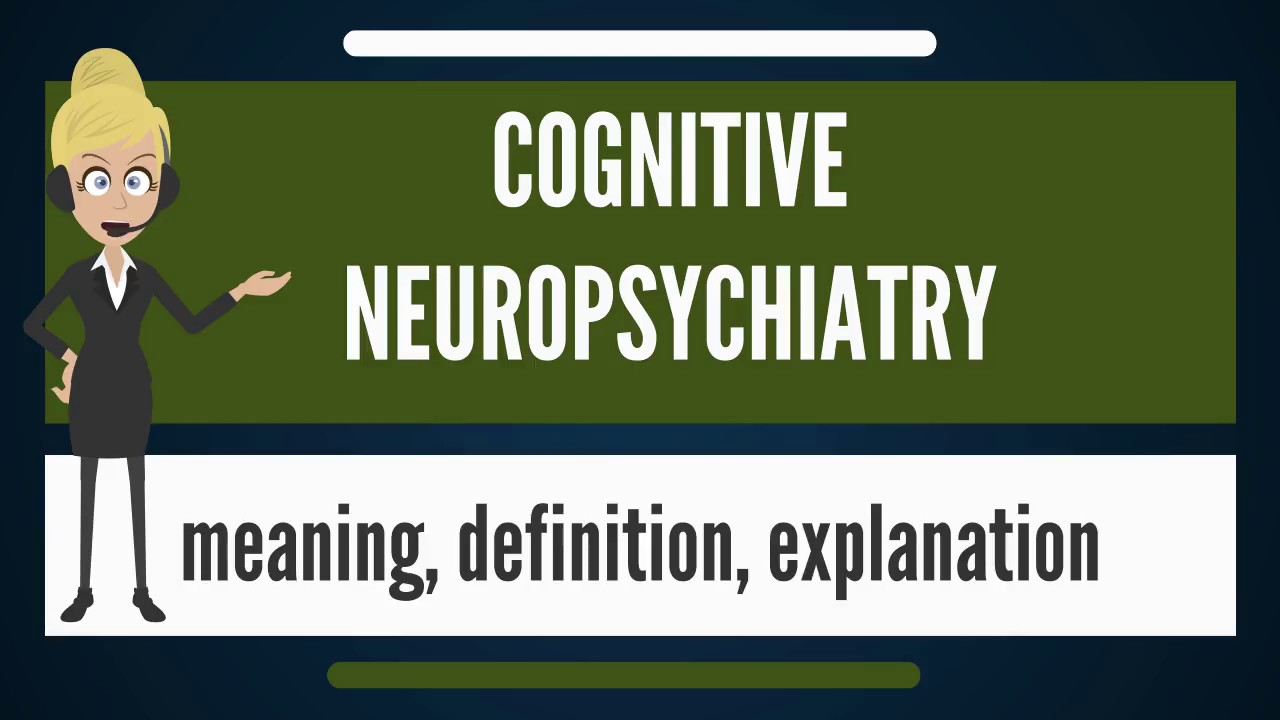
Neuropsychiatry Video – 2
- Post author:admin
- Post published:May 19, 2021
- Post comments:0 Comments
You Might Also Like
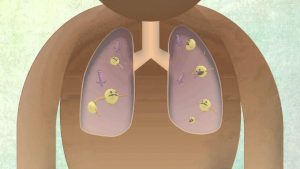
How The Body Reacts To Tuberculosis

How to use Accu Chek Active Blood Glucose Monitoring system | Accu Chek Demonstration

Risk Associated With Iron Supplements
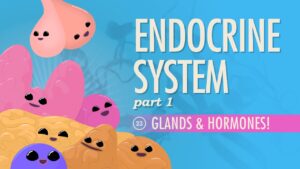
Endocrine System Diabetes And Asanas Video – 5
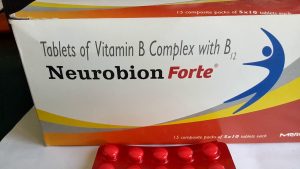
Neurobion Forte Tablet – Uses, Side-effects, Reviews, and Precautions

Landmine Press for Your Upper Chest (Get Bigger Pecs!)

Why I am Reconsidering Creatine | Concerning Research

Foods Nutrition Video – 1

Dr. Berg Recommended Supplements for Intermittent Fasting

Pregnancy Exercises Video – 1

Football Psychology Video – 2

7 Most Useful Antioxidants for Skin

Weight Training Video – 5

BCAA on Anabolism / Catabolism

Volleyball Video – 4

Seth Rollins CrossFit Jesus | Ep.37 Teams Workout
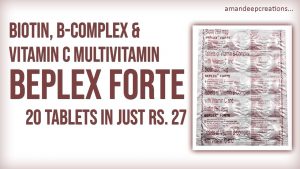
Biotin, B Complex & Vitamin C rich Multivitamin – BEPLEX FORTE – Benefits, Side-Effects & Dosage

How To Boost Metabolism 7 Tips How To Increase Metabolism

How to Do a Wall Sit | Thighs Workout

Community Psychiatry Video – 1

Biotin for Hair Loss and Hair Growth — How to stop hair fall and boost hair regrowth with Biotin

Suicide Psychology/ Psychiatry Video – 3
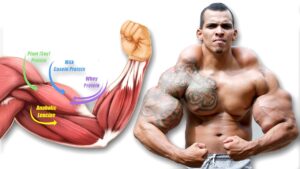
Human Body, Body Building Muscle Building Anatomy Physiology Video – 26
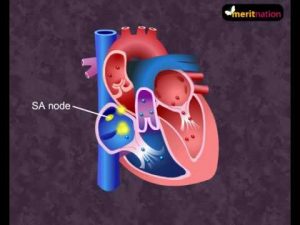
How your heart works – Cardiac Cycle

Step Ups…You’re Doing It WRONG
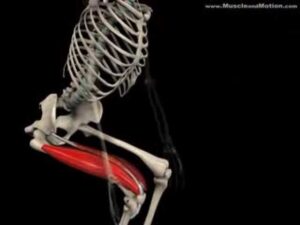
Muscle Building Workout & Squats Video – 23

Decline Bench Press-2

BMR Bodybuilding Athletes

what is the definition of Aerobic exercise (Medical Dictionary Online)
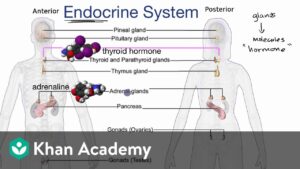
Endocrine system introduction

Creatine Effects Everything You Should Know | Creatine Before After

14 most common symptoms of anemia
Exercise Programing

How to Use Whey Protein to Build Muscle | Bodybuilding Diet

The Physics of the Bench Press: Power vs. Repetitions

15 Foods to Improve Baby’s Brain During Pregnancy – Pregnancy Foods for Intelligent Baby
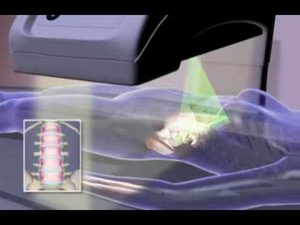
DEXA – Dual Energy X-Ray Absorptiometry

Intermittent Fasting & Fasting Video – 4

Surya Namaskar Video – 1

Digestion in Human Beings 3D CBSE Class 7 Science (www.iDaaLearning.com)

Heart attack (myocardial infarct) medications | NCLEX-RN | Khan Academy

